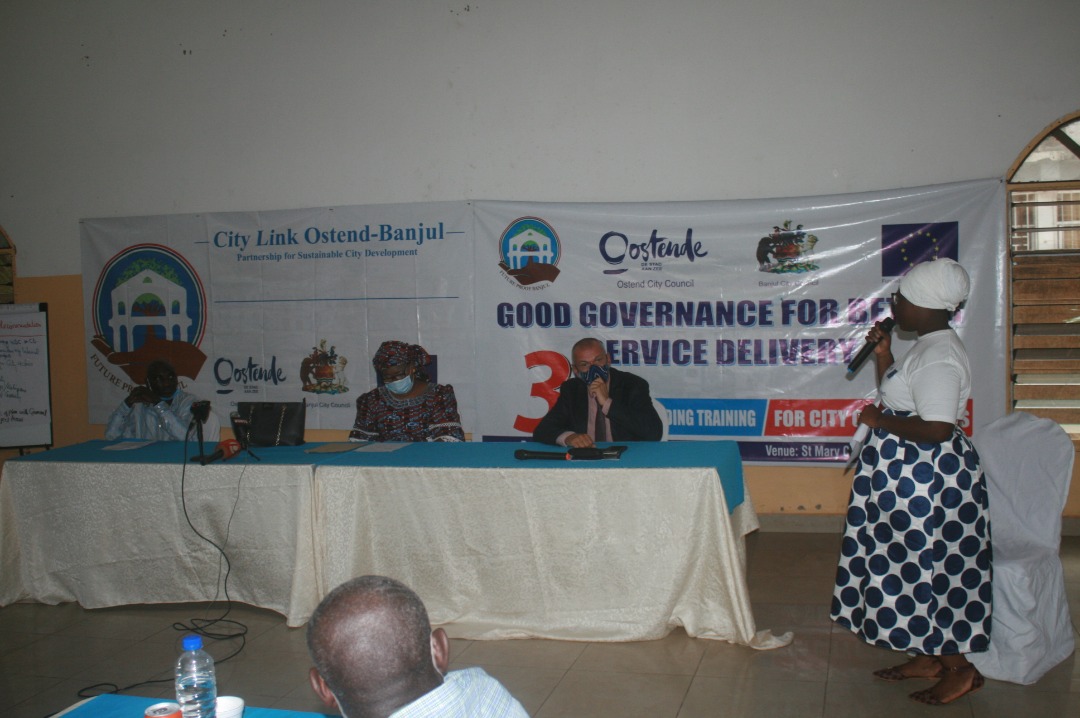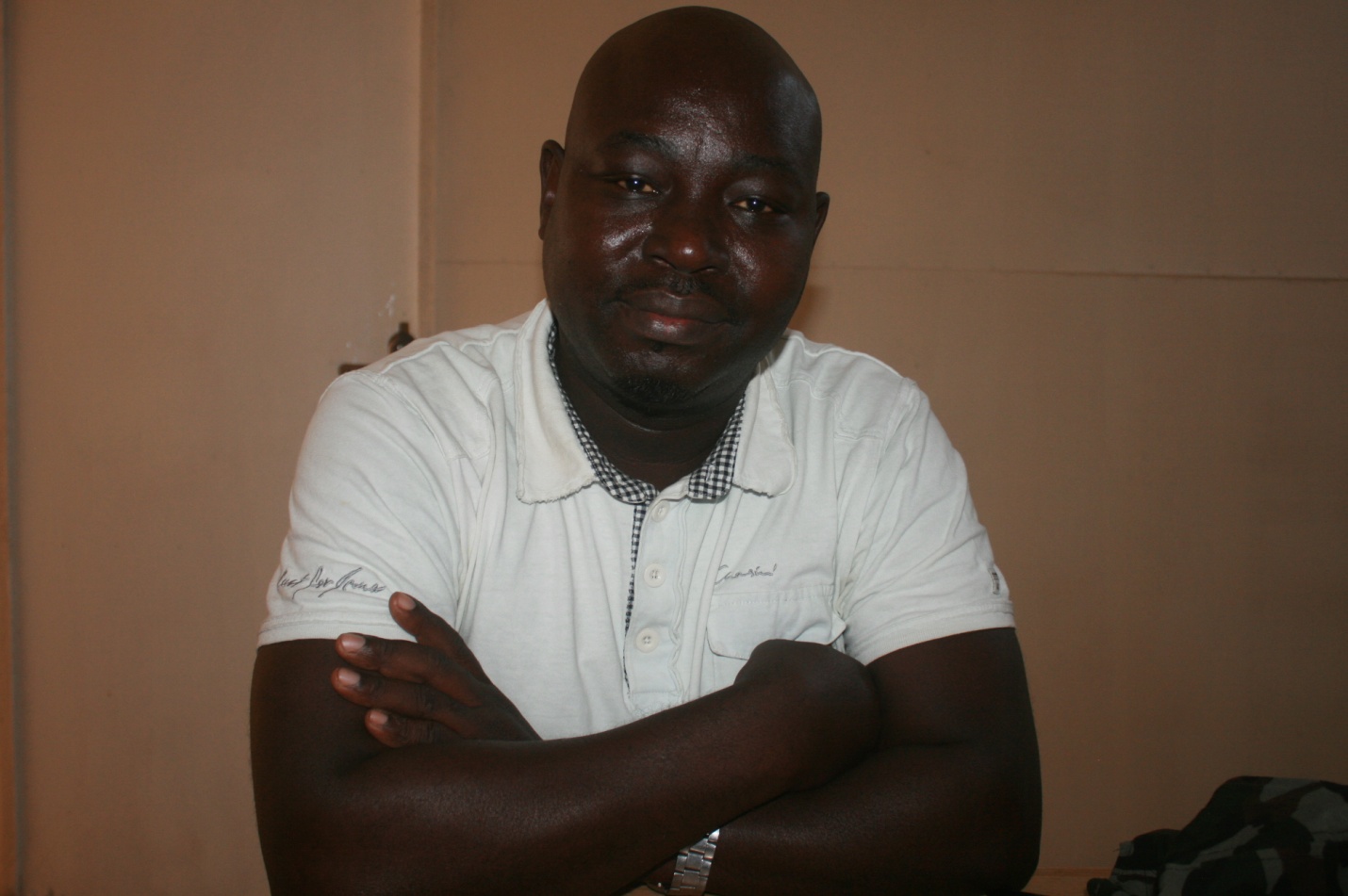By: Nyima Sillah
Leading women’s rights activist Fatou Baldeh has said repealing the anti-FGM law threatens the progress The Gambia already achieved in the fight against FGM and ensuring the protection of women’s rights.
“If this law is to be repealed, it will take that away from us. Also, the fear is that if this law gets repealed, we may see other laws that are supposed to protect women and girls being attacked,” she tells The Voice during an interview.
According to Baldeh, The Gambia is struggling with a high number of cases of sexual and gender-based violence, but cases of sexual violence are not being prosecuted or dealt with properly. “If the anti-FGM law is repealed, it will affect women and girls’ confidence in the system and the ability of the government of The Gambia to protect women.”
“I hope that the different committees will consider the repercussions that may come out of it if this law is to be repealed,” Madam Baldeh stated.
Baldeh says there is evidence showing how FGM affects women’s and girls’ reproductive health and rights. She urged the National Assembly Committees considering the pro-FGM bill to not allow culture and tradition as an excuse to perpetuate violence against women and girls.
“Culture and traditions change, and as a country, we have moved away from a lot of traditions and cultures that are not aligned with this time of the century,” Fatou said. She added “These committees should look into that. They should also understand that the culture and tradition that they continue to use as an excuse to perpetuate violence against women is not static.”
The prominent activist points out that the Gambia is not an island, and the country is a signatory to many international treaties like the CRC, at the regional level, and a signatory to Mobotu Protocol and all these laws prohibit FGM.





